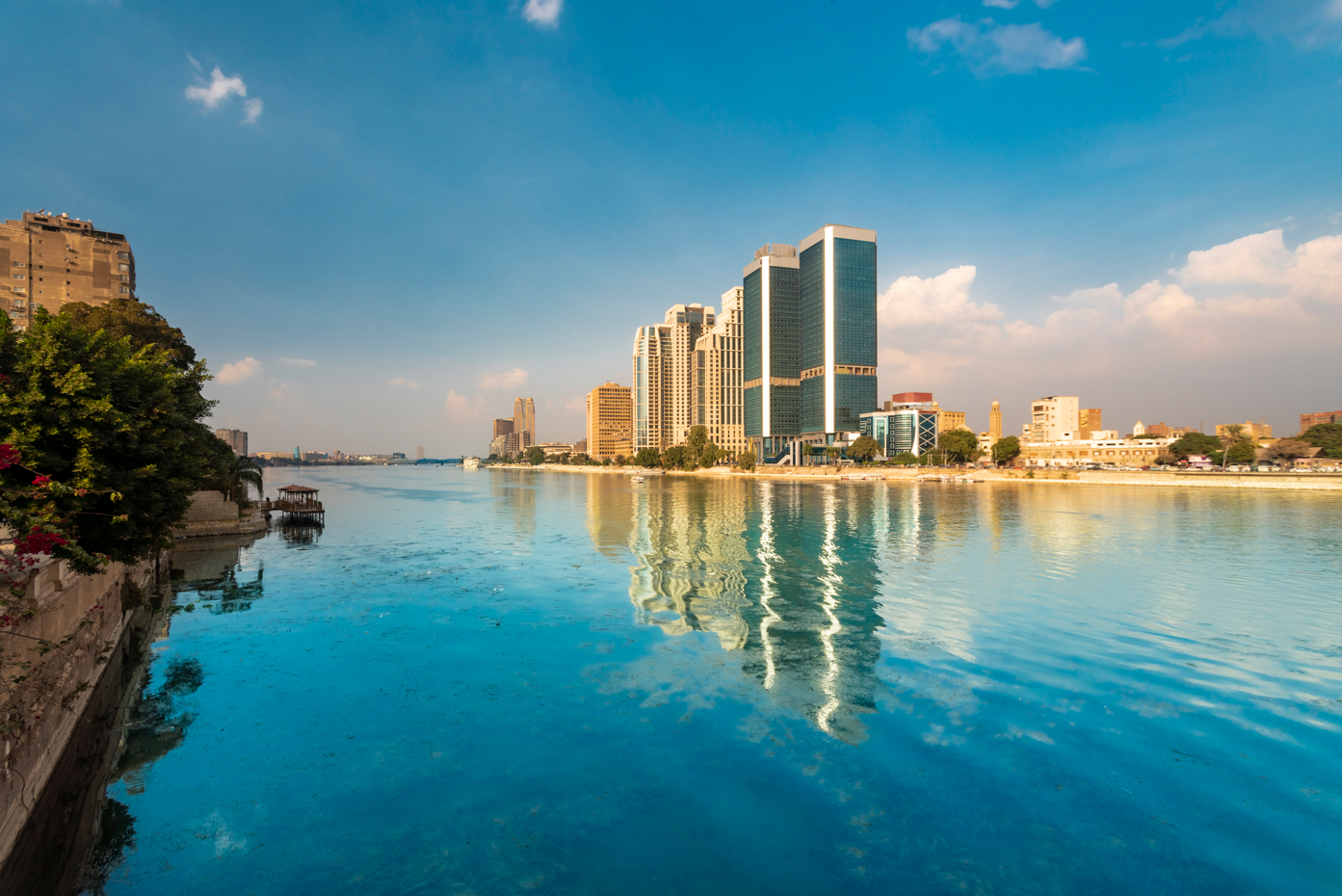Privatization has been one of the strongest oars rowing the boat of global economic liberalization.
In the last two years alone, the privatization sale of assets reached $53 billion in Europe, over $5 billion in the Americas and nearly $9 billion in Asia. In eastern Europe privatization helped push the transition from communism to capitalism. As output from the non-state sector soared to 55% of GDP, assets with an estimated economic value of $200 billion were returned to the people.
Access intelligence that drives action
To unlock this research, enter your email to log in or enquire about access



